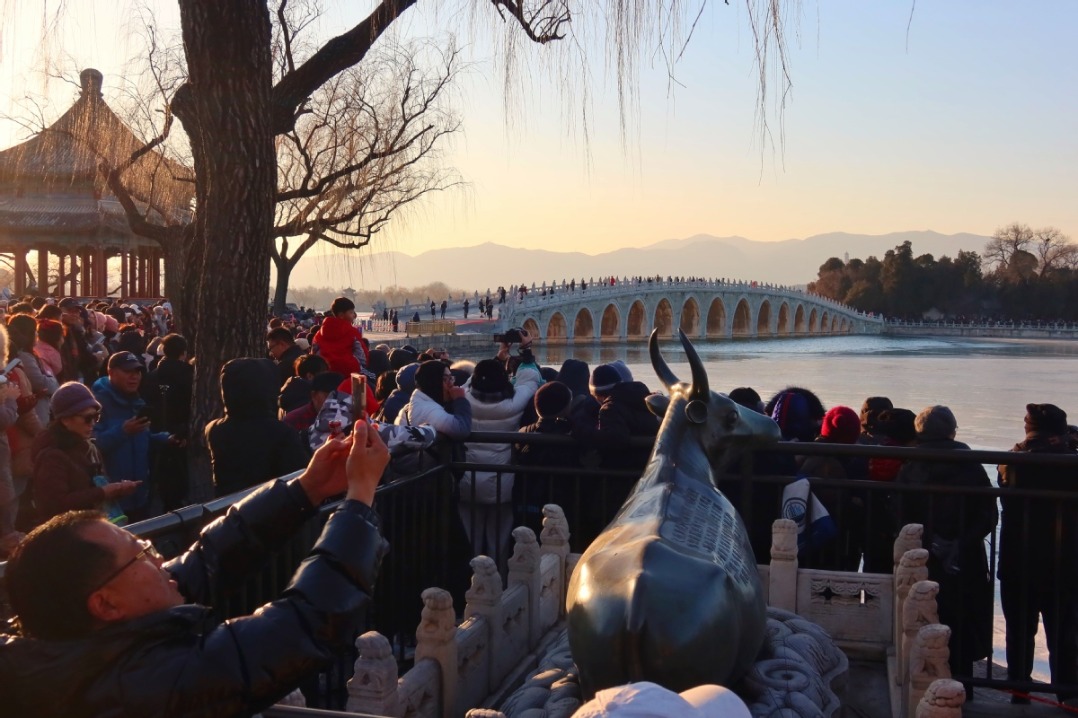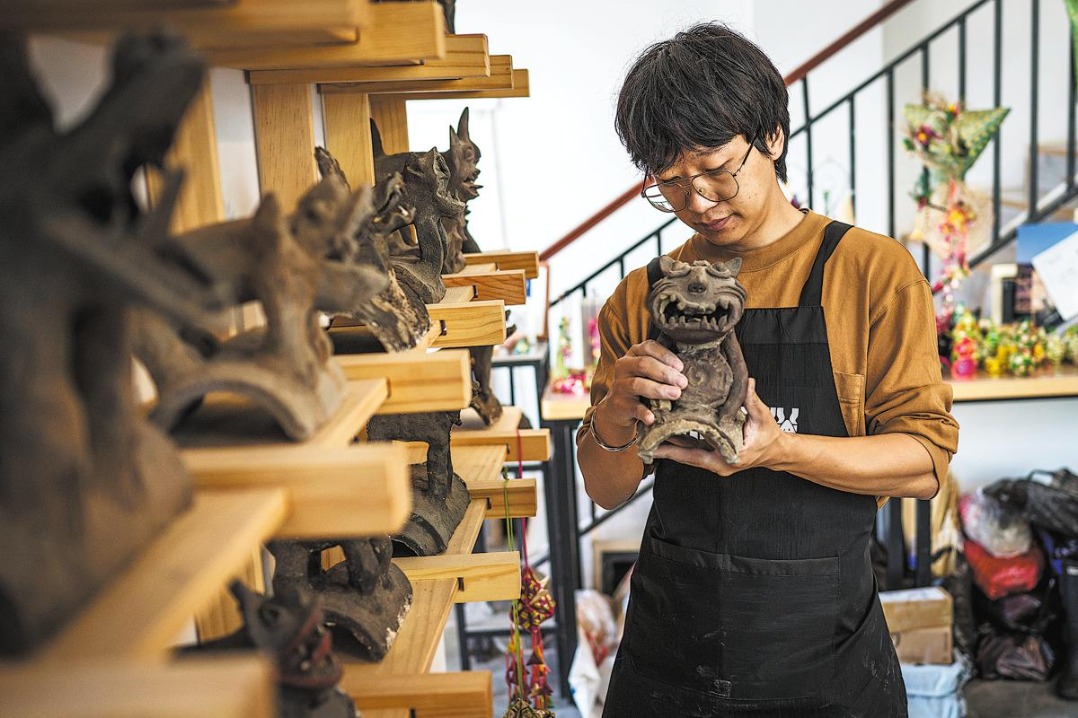Graduates heed call to help underdeveloped areas


As a native of the southwestern province of Sichuan, he had never been to Xinjiang, so he had little idea what to expect.
"I searched online to find out what southern Xinjiang was like. I learned that it is very dry, unlike my hometown in Sichuan, so I was prepared for the harsh environment," he said.
The conditions are tougher than he had imagined. There are frequent sandstorms and he has frequent nosebleeds as a result of the dry environment. His dormitory has no heating, but it has lots of mice. He has also had to become accustomed to the local food, which is basically fried rice and noodles.
An important part of Yu's work involves helping local people with farmwork, even though he has never done any manual labor before.
His village has more than 4,000 residents, who mainly rely on the cultivation of grapes and figs. As a result, Yu's first taste of farmwork was helping the local people harvest grapes. Over the years, he has learned a huge amount about grape cultivation. He also helps to harvest wheat and vaccinate cows.
His life has been punctuated by mishaps: one time, a bull gored and trampled him; later, he was hit by a car; and he injured his knee in a separate accident.
To help the local people eradicate poverty, Yu and his colleagues established a grape-related production line, with annual sales reaching more than 200 million yuan ($27.5 million).
- Shanxi ends province-wide blanket fireworks ban
- Audit: China fixes bulk of fiscal problems tied to 2024 budget
- China reports major gains in circular economy
- Chinese lawmakers review draft revision to banking supervision and regulation law
- Top legislature to study draft laws on environment, ethnic unity, national development planning
- Administrative organs must secure people's interests: senior judge





































